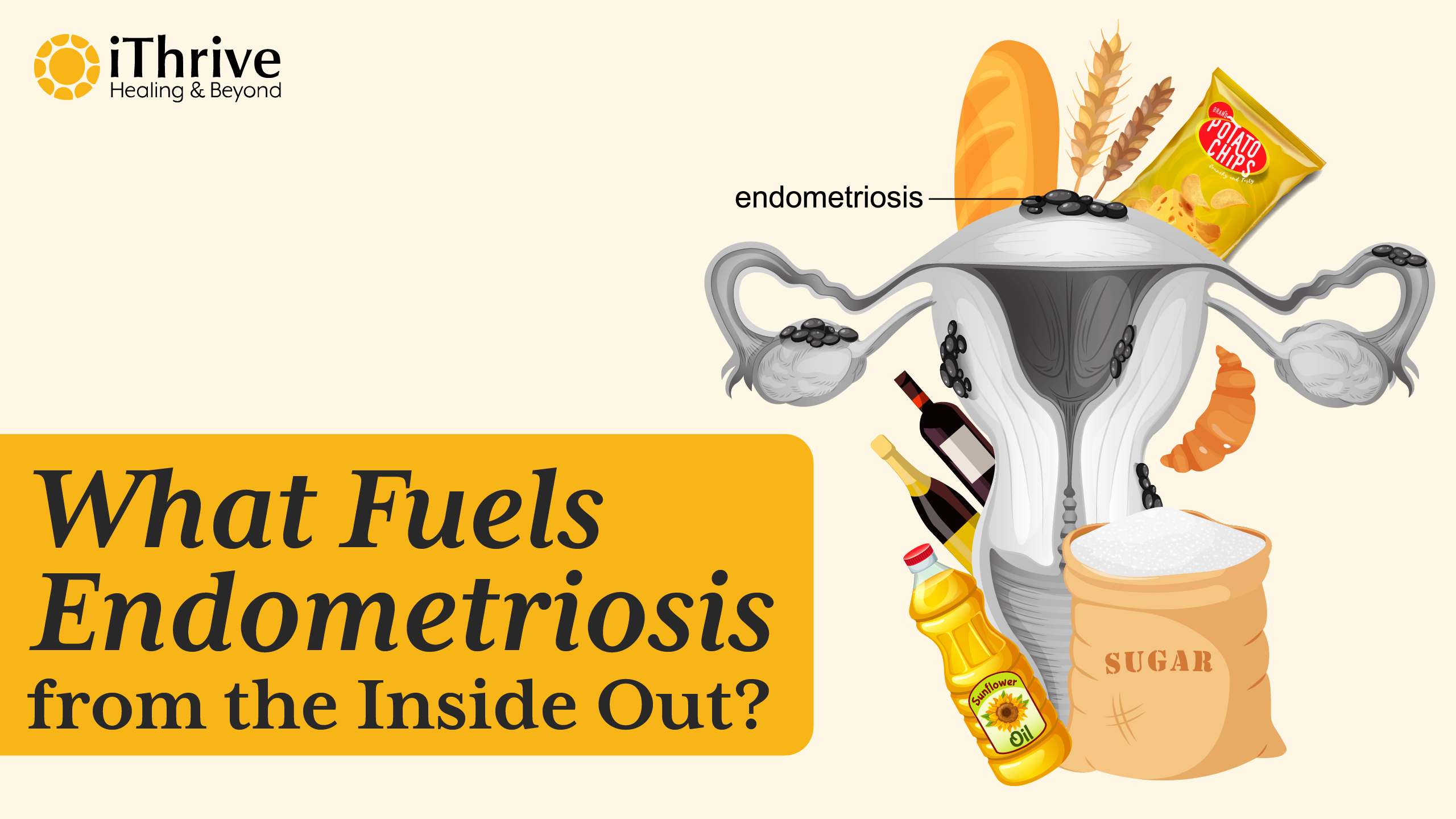While athletes work hard to keep their bodies in top condition, it's important to take time to relax. People relax by enjoying alcohol with friends or just a casual drink. The amount of alcohol consumed and the tolerance of each individual will determine how it affects them. A few drinks can ruin your hard work, erase the benefits of your workouts, reduce your endurance and compromise your mental fortitude. Keep track of how many drinks you have and how you feel the next day to determine your tolerance.
ALCOHOL'S EFFECTS ON MUSCLE RECOVERY AND DEVELOPMENT
Muscle health is key to athletic success. Science has shown that alcohol can cause muscle damage and even rob you of all your weight training. Here's why:
Impairs muscle growth
Exercise under the influence can increase your risk of injury and cause muscle loss. The effects of long-term alcohol consumption on protein synthesis can lead to a decline in muscle growth. Even short-term alcohol use can affect your muscles.
Dehydrates your body
You want to maximize your athletic performance by speeding up your recovery from sore muscles. This is due to the fact that alcohol can be a diuretic and cause electrolyte imbalances and dehydration. Dehydrated athletes are more susceptible to cramps, muscle pulls and muscle strains.
Prevents muscle recovery
To build bigger muscles, it is important to get enough sleep. Drinking alcohol can adversely affect your sleep patterns and cause your body to lose a chemical called HGH (human growth hormone). Although HGH is essential for building bigger muscles, alcohol can reduce HGH secretion by up to 70%. Also, binge drinking can lower serum testosterone levels. A decrease in testosterone can lead to a decrease in muscle mass and recovery. This can cause performance problems.
Depletes your energy
Your body's water balance can be disrupted when alcohol is absorbed via your small intestine, stomach, and into your cells. An imbalance in water levels in muscle cells can cause them to stop producing adenosine triphosphate (ATP). This is an essential fuel for all cells including our muscles. A decrease in your body's ATP levels can lead to a loss of energy and endurance.
Slower reaction time
Even small amounts of alcohol can cause a slower reaction time and impaired hand-eye coordination. This can not only affect performance but can also increase your chance of injury.
NUTRITIONAL EFFECTS OF ALCOHOL
It cannot be used to produce energy.
Our tendency is to believe that only carbohydrates, proteins, and fat can provide energy in the form of calories. This is not an exhaustive list. Alcohol has 7 calories per Gram (roughly halfway between the calorie values of carbs or fat). Your muscles cannot use alcohol calories as fuel, unlike the calories we get from food. Your body does not convert alcohol calories to glycogen, which is a form of stored carbohydrates. They are therefore not a good source for energy during exercise. Instead, your body converts alcohol energy into fatty acids and stores them within our fat tissue. Alcohol consumption can increase fat storage, which can negatively impact your body's percentage of fat.
It prevents nutrients from being absorbed.
The nutritional value of alcohol is very limited because it is devoid of vitamins and minerals. It also prevents your body from receiving these nutrients from other sources.
Thiamine (vitaminB1): Thiamine plays a role in the metabolism of food into fuel and the formation of hemoglobin. Vitamin B1 is vital for optimal performance because it plays a part in the metabolism of carbohydrates.
Vitamin B12: Vitamin B12 is essential for maintaining healthy nerve cells and red blood cells. Anemia is a condition where alcohol can prevent b12 from being used by your body in key processes.
Folate: Folic Acid is part of a coenzyme that helps in the formation red blood cells. Folic acid deficiency can lead to a lower VO2max which can adversely affect your endurance.
Zinc: Zinc is an essential component of energy metabolism. Your body's zinc resources can be depleted by alcohol, which can lead to a decrease in endurance.
EXERCISE AFTER A HANGOVER
Hangovers can be caused by alcohol toxicity, dehydration and toxic effects of congeners, which are found in many alcoholic beverages. You've likely experienced the symptoms of nausea and soreness, depression, headaches, and a promise to stop drinking alcohol again if you have ever had a hangover. These symptoms can cause a decrease in athletic performance, and even a 11% reduction in aerobic performance. If you feel nauseous, you should not exercise. It can increase your chances of injury and dehydrate you further.
As alcohol affects the hand-eye coordination, imagine yourself playing cricket and misjudging how far you are from the ball. You will find it difficult to make quick decisions on the court or field because of your inability to think clearly. This could lead to devastating consequences for you and your team. You are more likely to get cramps, pulls, and strains if you drink alcohol, regardless of what sport or activity it is. It is important to remember that alcohol can impact bone growth and make it more difficult to repair bone damage if you are injured. Your career can be affected.
Subscribe to our newsletter and receive a selection of cool articles every week





.png)


.webp)

.jpg)
.jpg)










